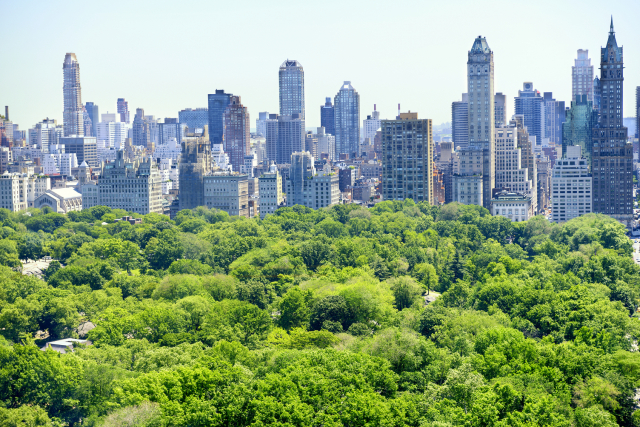Green spaces in urban areas could improve city dwellers’ morale

Image: iStock.com/Lady-Photo via AFP
A new German study using epidemiology, psychology, neural imaging and geoinformatics shows that green spaces in cities help preserve their population’s mental health.
According to the study published in Nature Neuroscience, people living near green spaces in urban areas may be better able to manage their negative emotions. The study, which was carried out in collaboration with several German health institutes, followed 33 urbanites aged 18 to 28 for one week.
Participants were asked to answer mood-related questions nine times a day (without changing their daily routine) using a smartphone specially equipped for the experiment. The scientists then compared the volunteers’ responses with geolocation data, to investigate whether the people who completed the questionnaire regularly found themselves in the vicinity of green spaces.
The second phase of the study recruited an additional 52 young adults who were also required to assess their mood and emotional state on a daily basis. At the end of the experiment, they were examined by MRI to assess the activity of the dorsolateral prefrontal cortex, an area of the brain associated with the management of “negative” emotions.
Overall, the results showed that people with reduced brain capacity to self-regulate negative feelings benefit most from proximity to green spaces.
“Green areas evenly distributed in the city might develop a great potential for preventing psychic diseases,” Markus Reichert of the Mental Health Lab said.
The United Nations has indicated that there are more people currently making their homes in cities than in rural areas and it estimates that by 2050 some 68% of the world’s population could live in an urban area. IB/JB
RELATED STORIES:
Metro Manila’s green spaces continue to shrink
Why Green Spaces and Parks Matter
19-year-old Filipino part of US hackathon’s winning team with solution for food wastage